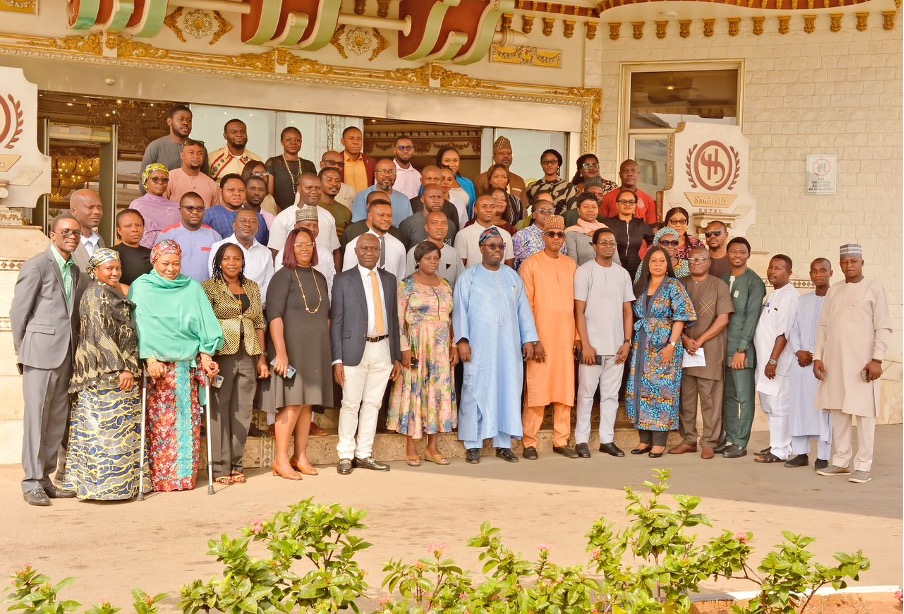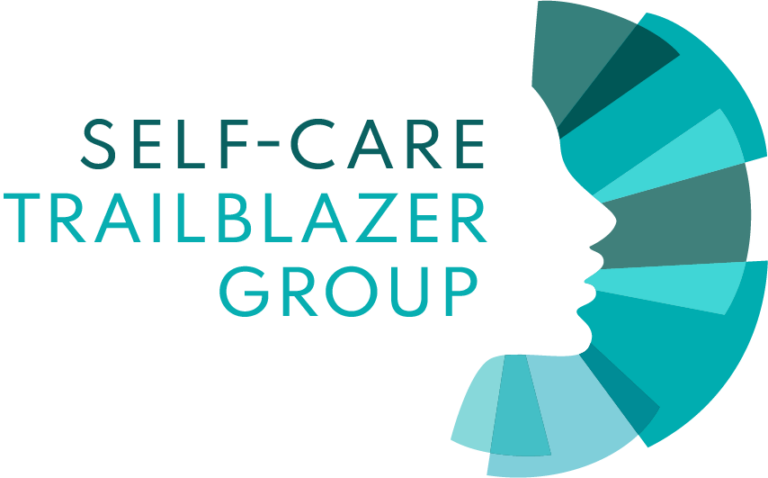In Nigeria, the National Health Management Information System (NHMIS) is the country’s single, authoritative platform for health data. Functioning as the digital backbone of the public health system, it transforms raw data from service delivery points (SDPs) at all levels into actionable information. This enables robust performance monitoring and empowers evidence-based decision-making for leaders in health and development.
The discussions, development, and integration of self-care indicators into the NHMIS have been a multi-step process over the years. Nigeria began officially reporting DMPA-SC self-inject (SI) data in 2019, supported by strategic regulatory and policy developments earlier that year. The revised tools, comprising the facility registers and the monthly summary form, were officially launched and disseminated by the Federal Ministry of Health in late 2022.
This year, the government has expanded the list of self‑care indicators in the NHMIS in line with the Health Sector Renewal Investment Initiative (NHSRII), which is focusing on foundational pillars like quality systems and evidence-based decision-making. The updates, including the new self‑care indicators are in line with global best practices and the evolving needs of healthcare delivery.
The journey begins with critical reviews.
The review process involves revising the official paper-based data collection tools that feed into the electronic DHIS2 platform. The recent update began with comprehensive review meetings where monitoring & evaluation experts and health data stakeholders came together to assess gaps in data collection. They examined the existing NHMIS tools, ensuring alignment with global standards and Nigeria’s unique needs, and laid the groundwork for adding self‑care indicators to NHMIS.
Thanks to sustained advocacy by Society for Family Health (SFH), John Snow Incorporated (JSI), and White Ribbon Alliance Nigeria (WRA Nigeria), broadening of the indicator scope for self-care was prioritized during the 2025 review process.
The validation process
Validating an indicator for inclusion in a national HMIS is a rigorous, multi-stakeholder process, with a primary goal to ensure that any new data being collected is essential, useful in line with national and global priorities, and does not place an unnecessary burden on the health system, especially on frontline health workers.
In February 2025, health program managers and M&E professionals converged with a singular mission that entailed reviewing the proposed indicators and validating the revised registers, as well as the monthly summary form.
Additional self-care indicators approved and included!
The culmination of this journey resulted in the expansion of self-care indicators into the revised NHMIS registers (from 6 to 14). These indicators span across critical service areas, including family planning methods (Ovulation Predictor Kit (OPK) and Cycle Beads), HIV self-testing kits, HPV screening, DMPA-SC self-injection, hygiene education, and menstrual health. These indicators are reflected and spread across the NHMIS registers and the monthly summary form.

National Health Stakeholders at the NHMIS Tools Validation Meeting, held February 24th-26th, 2025
This integration marks more than just a technical update; it is a declaration of Nigeria’s commitment to tracking and measuring healthcare interventions across the country. These integrated indicators will allow for the capturing of self-care practice at the community and facility levels.
Implications for self-care advancement in Nigeria
Embedding self-care indicators into the NHMIS opens a new chapter for Nigeria’s health system. With these additions, health workers and policymakers can now track, measure, and improve self-care service delivery across states and communities.
This success will support:
- Effective review of self-care policies and program design
- More strategic resource allocation
- Improved accountability and responsiveness to community needs
Ultimately, this will empower more Nigerians to take control of their health, promoting wellness, preventing illness, and actively managing their well-being.
The next step is the pilot testing and launch of the revised NHMIS tools to ensure effectiveness, accuracy, and user-friendliness. The integration of self-care indicators into Nigeria’s HMIS is not just a technical milestone; it is a paradigm shift. The nationwide rollout of the updated NHMIS will further strengthen the institutionalization of self-care w
